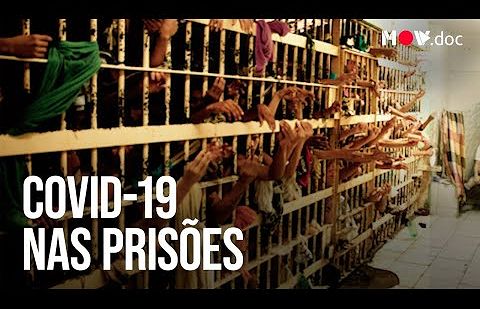
Explore
Brazil: managing uncertainty
The Brazilian reaction to the sanitary crisis in prison and its consequences
In Brazil, the implementation of the sanitary measures in prisons has been negatively impacted by the Federal government’s policy minimising the pandemic. Brazilian prisons were already the subject of strong criticism regarding respect for fundamental rights, access to healthcare and overcrowding.
Despite the early recommendations for the release of prisoners issued by the National Council of Justice (CNJ), the pre-existing context and the current political scenario posed strong obstacles for the prevention of the pandemic. The Brazilian prison system has therefore been particularly affected by the virus. Civil society organisations and researchers have found the reporting by the prison administration on infection and deaths in prisons to be inconsistent. In June 2020, the CNJ started its own weekly reporting on infection data in prison. Civil society organisations and experts generally denounced a policy of “under-reporting”, also criticising the lack of mass testing and prison. By August 2020, 3.5% of the prison population was tested.
Measures were taken at the State level and varied significantly from one to another. Following the suspension of visits in many States, rising tensions and conflicts between prisons and the administration were observed. Civil society organisations and family associations were alarmed by the increasing occurrence of ill-treatment and torture, due the closure of prisons and the lack of transparency of the administration.
The introduction of compensatory measures such as videocalls was observed in many States, but it was not implemented in all facilities.
Prison Insider and the Centre for Studies on Justice and Society (Chile) propose an analysis of the first year of the pandemic in prisons in eleven countries. Brazil is one of them.







